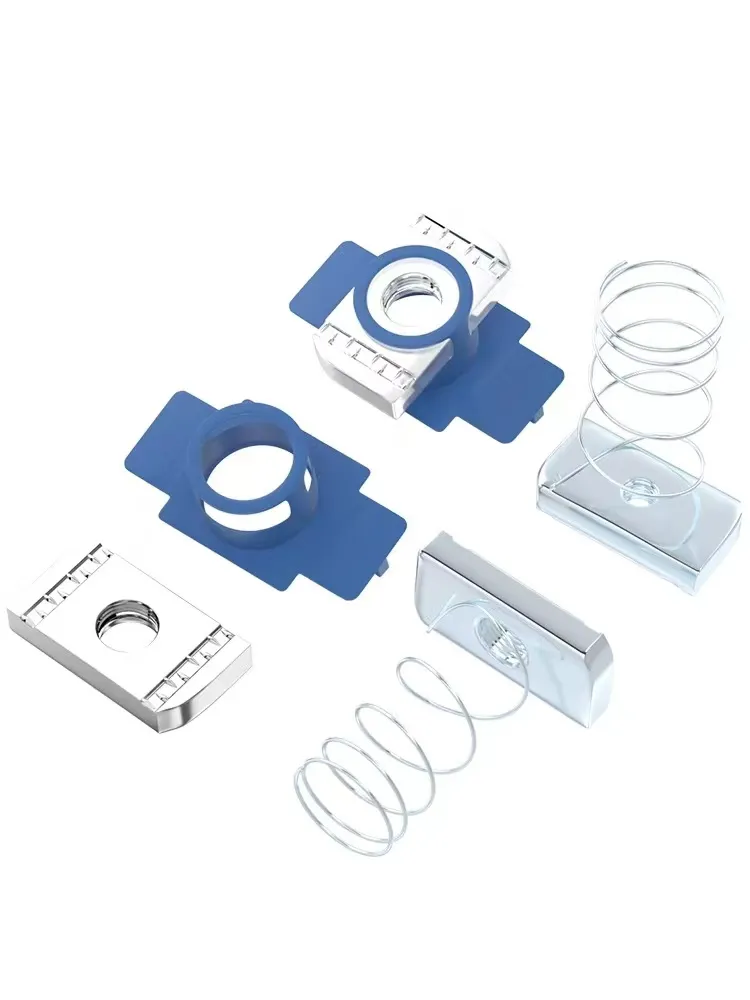

drywall screws self tapping
Nov . 16, 2024 02:45 Back to list
drywall screws self tapping
Understanding Drywall Screws The Importance of Self-Tapping Features
When it comes to interior construction and home improvement projects, drywall is perhaps one of the most frequently used materials. It provides a smooth, even surface for walls and ceilings, making it a staple in residential and commercial buildings alike. However, installing drywall necessitates the correct use of materials, and one of the most crucial components in the installation process is the drywall screw, particularly the self-tapping variety.
What are Drywall Screws?
Drywall screws are specialized fasteners designed to secure drywall sheets to wooden or metal studs. Typically made of steel, these screws have a thin body and a deep, coarse thread that allows them to grip onto the drywall and the underlying framing effectively. They come in various lengths and diameters, enabling builders to choose the best option for their specific project needs. Among the various types of drywall screws, self-tapping screws stand out due to their unique design and functionality.
The Self-Tapping Mechanism
Self-tapping drywall screws feature a drill point on their tip, which allows them to create their own hole as they are driven into the material. This is particularly advantageous because it eliminates the need for pre-drilling, saving both time and effort during installation. When using self-tapping screws on drywall, the user simply drives the screw into the material, and the sharp tip penetrates the drywall and engages with the underlying stud or support structure.
This self-tapping feature is not just a convenience; it also contributes to the stability and durability of drywall installations. By eliminating the need for additional pre-drilling, the chances of cracking or damaging the drywall are reduced, resulting in a cleaner and more straightforward installation process.
Advantages of Using Self-Tapping Drywall Screws
1. Time Efficiency Traditional screws often require pre-drilling, which can slow down the installation process considerably. Self-tapping screws, on the other hand, can be driven directly into the drywall, allowing for a quicker installation time.
2. Reduction of Material Damage Pre-drilling can sometimes lead to accidental damage to the drywall. Self-tapping screws minimize this risk, as they reduce the likelihood of cracking or breaking the surrounding material.
drywall screws self tapping

3. Strong Attachment These screws are designed to create a strong bond with the drywall, ensuring that the sheets remain securely attached to the framing. This is particularly important in high-traffic areas or where additional weight, such as shelving or cabinetry, may be added later.
4. Versatility Self-tapping drywall screws can be used for various applications, not just limited to drywall installation. They can be effective when fastening other materials, such as plywood, in a variety of projects.
5. Less Tools Required Because they don’t require pre-drilling, using self-tapping screws means you can complete jobs with fewer tools. A drill with the appropriate bit for driving screws is typically all that is needed.
Choosing the Right Self-Tapping Drywall Screw
Not all self-tapping screws are created equal. When selecting the appropriate screw for your drywall project, consider these factors
- Length The typical length for drywall screws ranges from 1 inch to 3 inches. Choose a length that ensures a secure fit to the studs without protruding excessively through the other side.
- Coating Some self-tapping screws are coated to resist rust and corrosion, making them ideal for areas with higher humidity or moisture, such as basements and kitchens.
- Drive Type Self-tapping screws come with various drive types (Phillips, square, or slotted). Selecting the right drive type can further enhance your efficiency during installation.
Conclusion
In summary, drywall screws are essential for any drywall installation, and self-tapping screws bring a range of advantages that can make the process simpler and more effective. By understanding the benefits and features of self-tapping drywall screws, builders, contractors, and DIY enthusiasts can ensure a smoother installation, resulting in a sturdy and aesthetically pleasing finish. Whether you’re embarking on a new construction project or renovating your home, incorporating self-tapping drywall screws can lead to better outcomes with less hassle.
Latest news
-
High-Strength Hot-Dip Galvanized Bolts-Hebei Longze|Corrosion Resistance&High Strength
NewsJul.30,2025
-
Hot Dip Galvanized Bolts-Hebei Longze|Corrosion Resistance&High Strength
NewsJul.30,2025
-
Hot Dip Galvanized Bolts - Hebei Longze | Corrosion Resistance, High Strength
NewsJul.30,2025
-
High-Strength Hot Dip Galvanized Bolts-Hebei Longze|Corrosion Resistance, Grade 8.8
NewsJul.30,2025
-
Hot Dip Galvanized Bolts-Hebei Longze|Corrosion Resistance,High Strength
NewsJul.29,2025
-
High-Strength Hot Dip Galvanized Bolts - Hebei Longze Metal Products Manufacturing Co., Ltd.|corrosion resistance&high strength
NewsJul.29,2025

